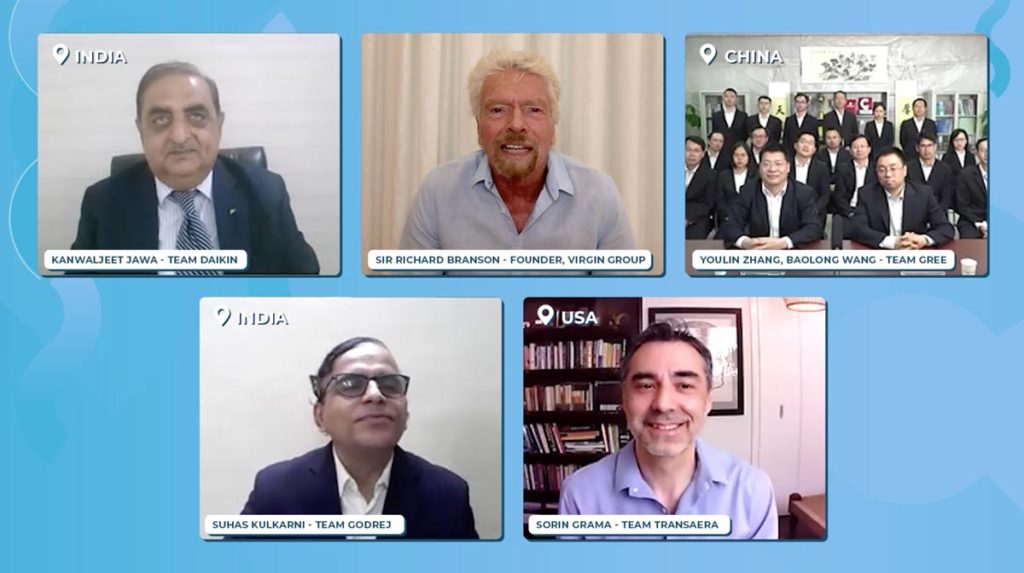
Report | 2021
Global Cooling Prize: Solving the Cooling Dilemma
Over 3 billion people in the world today are at some risk to their health and safety due to lack of access to cooling. Although it is a critical societal need, cooling also represents one of the single largest end-use risks to global climate goals. Under a business-as-usual trajectory, the number of residential/room air conditioners in service is estimated to nearly quadruple by 2050, potentially putting the climate goals of the Paris Agreement out of reach.
The Global Cooling Prize was launched in 2018 by RMI; the Department of Science and Technology, Government of India; and Mission Innovation to spur the development of a superefficient, climate-friendly, and affordable cooling solution.
From the 139 detailed technical applications received, 8 finalist teams were shortlisted after a detailed assessment and technical review of their ideas. Finally, two teams were announced as the winners of the Global Cooling Prize, both having developed prototypes exceeding the 5X lower climate impact criteria of the Prize.

This report discusses the journey of the Prize from its ideation to launch to selection of the Finalists. It details the rigorous testing process and the performance of the winning teams’ prototypes against the Prize criteria. The report also shares our key takeaways and learnings from the Prize, highlighting the need to understand the gaps in today’s testing standards and update the protocols and performance-rating systems that predict true performance of residential air conditioners in the real world.
The report contains key findings that will be valuable for industry participants and policymakers, but it is also intended for consumers who are broadly interested in efficiency and technological innovation.